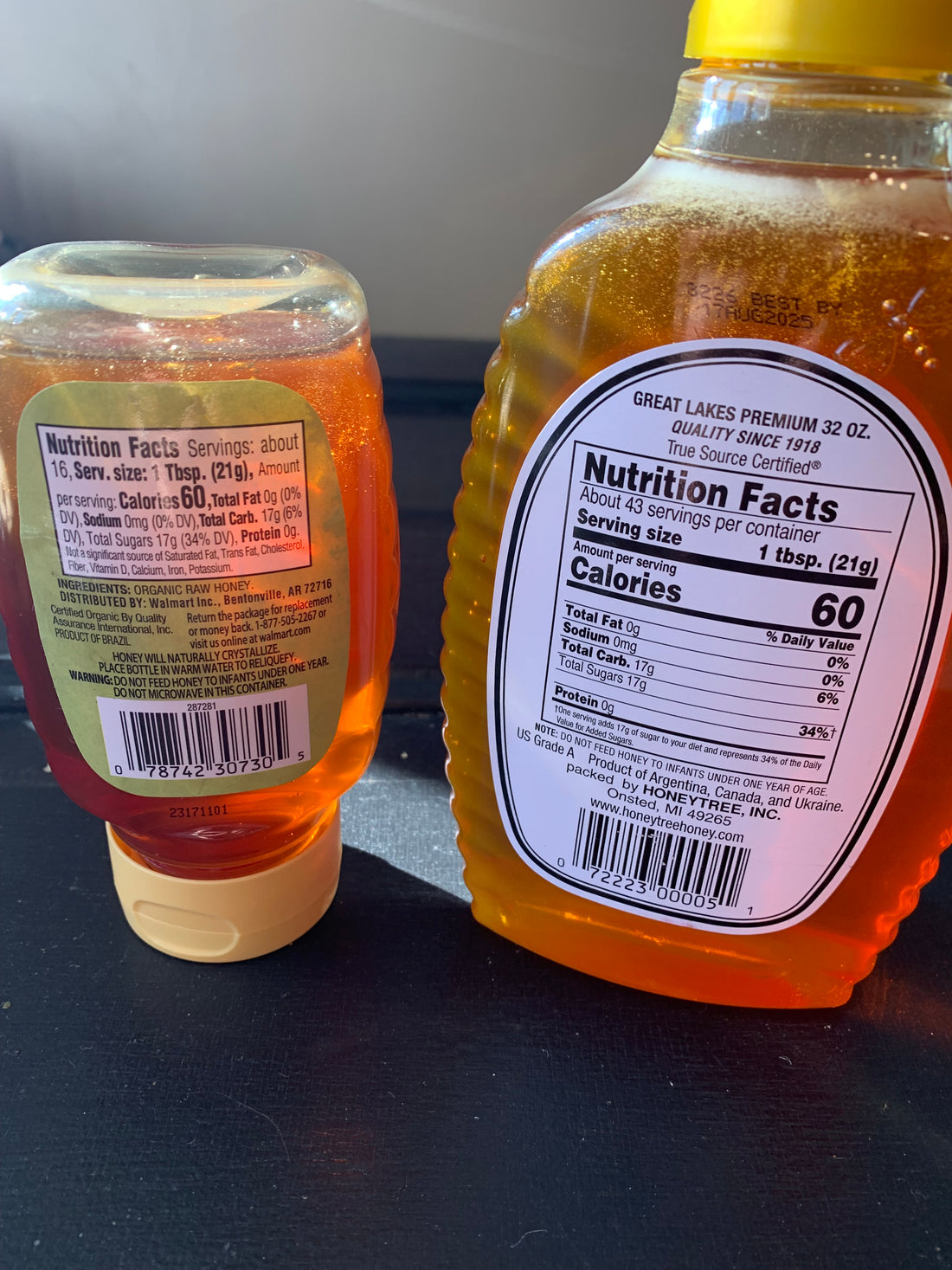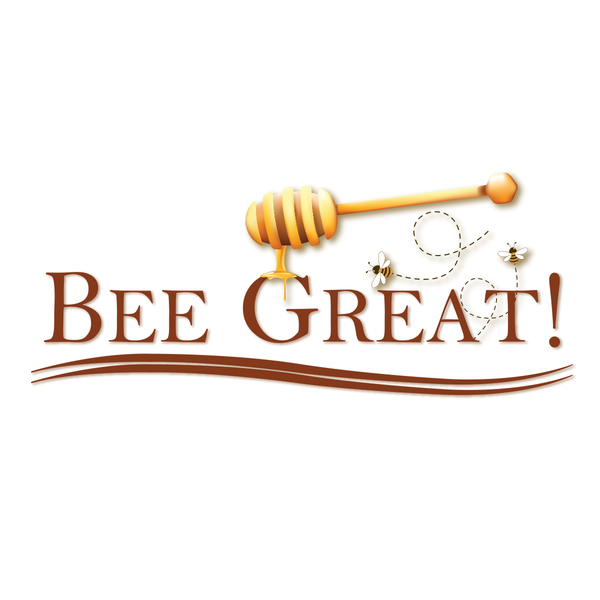
Know Your Honey: The Truth About Organic and Cheap Honey
David MullinsShare
Introduction
Organic food has gained popularity in recent years due to its perceived health benefits and environmental sustainability. However, when it comes to honey, there is a lack of organic options in the United States. Is it true that there is no organic honey available in the USA? Let's explore this topic further.
The Organic Honey Dilemma
There is organic honey produced in the USA, but it is relatively scarce compared to conventional honey and it is almost never American honey. The main reason for this scarcity is the USDA does not certify any honey as organic. The certifications are from international certifiers, and organic honey sold in the U.S. is almost always imported, and often from China via other countries to circumvent the total ban on Chinese honey imports to the U.S.
Challenges in Organic Honey Production
One of the major challenges in producing organic honey is the inability to control the foraging habits of bees. Bees can travel up to several miles from their hives, making it difficult to ensure that they only collect nectar from organic sources. Additionally, bees may encounter non-organic crops or wildflowers during their foraging, which can contaminate the honey.
Another challenge is the widespread use of pesticides and herbicides in conventional agriculture. These chemicals can be harmful to bees and can contaminate the nectar and pollen they collect. To be certified organic, honey producers must ensure that their bees have access to organic forage, free from any chemical contamination.
The Truth About Organic Honey
The illegal dumping of Chinese honey refers to the practice of importing honey from China into the United States in violation of trade regulations and quality standards. This unethical practice involves circumventing import duties, evading quality control measures, and undercutting local honey producers. These imports of Chinese honey often come through Brazil, Ukraine, and Argentina where it is legal to import Chinese honey.
Why is it a Problem?
Illegal dumping of Chinese honey poses several problems for the U.S. honey industry and consumers:
- Quality concerns: Chinese honey often fails to meet the strict quality standards set by the U.S. Food and Drug Administration (FDA). It may contain harmful contaminants, such as antibiotics and heavy metals, which can pose health risks to consumers. It often includes rice syrup, corn syrup, and other cheaper sweeteners that are NOT labeled on the container.
- Unfair competition: Local honey producers in the U.S. face unfair competition from illegally dumped Chinese honey, which is often sold at lower prices due to the evasion of import duties. This undermines the livelihoods of American beekeepers and honey producers.
- Economic impact: The illegal dumping of Chinese honey results in significant revenue losses for the U.S. honey industry. It hampers the growth and sustainability of domestic honey production, which plays a vital role in supporting agriculture and preserving biodiversity.
How Does it Happen?
Illegal dumping of Chinese honey involves various deceptive practices, including:
- Transshipment: Chinese honey is often shipped to other countries before being re-exported to the U.S. This allows importers to disguise its origin and avoid detection.
- Labeling fraud: Some importers mislabel Chinese honey as originating from other countries to bypass import restrictions and quality checks.
- Underreporting: Importers may underreport the quantity of honey being imported or undervalue it to reduce import duties.
The Consequences
The illegal dumping of Chinese honey has severe consequences:
- Health risks: Consuming adulterated honey can lead to adverse health effects, including allergic reactions and antibiotic resistance.
- Loss of trust: The presence of illegally dumped honey erodes consumer trust in the honey industry and undermines the reputation of legitimate honey producers.
- Environmental impact: Unregulated honey production practices in China can have negative environmental consequences, such as deforestation and pesticide pollution.
Know Your Honey
Know what you are buying. Read the label and see if it is imported. While we enjoy a bargain as much as anyone, you have to know what you are buying. If you don't mind buying the imported honey, by all means do so. We're not trying to badmouth other honey. But we want you to know what you are buying.
For example, both of these brands of honey pictured were purchased at Walmart. Notice one is labeled organic and the other was less expensive than the same amount of Bee Great honey. But the labels show these honeys are not certified organic by the USDA, and they are imports.


At Bee Great, the Mullins family sells only honey from our own hives and the honey of other local beekeepers we know and trust. Every drop you purchase benefits the bees directly by allowing us to care for them. Your purchase pays the wages of our staff, and it supports our family, as well as the families and staff of other area beekeepers. We thank you for your support!
